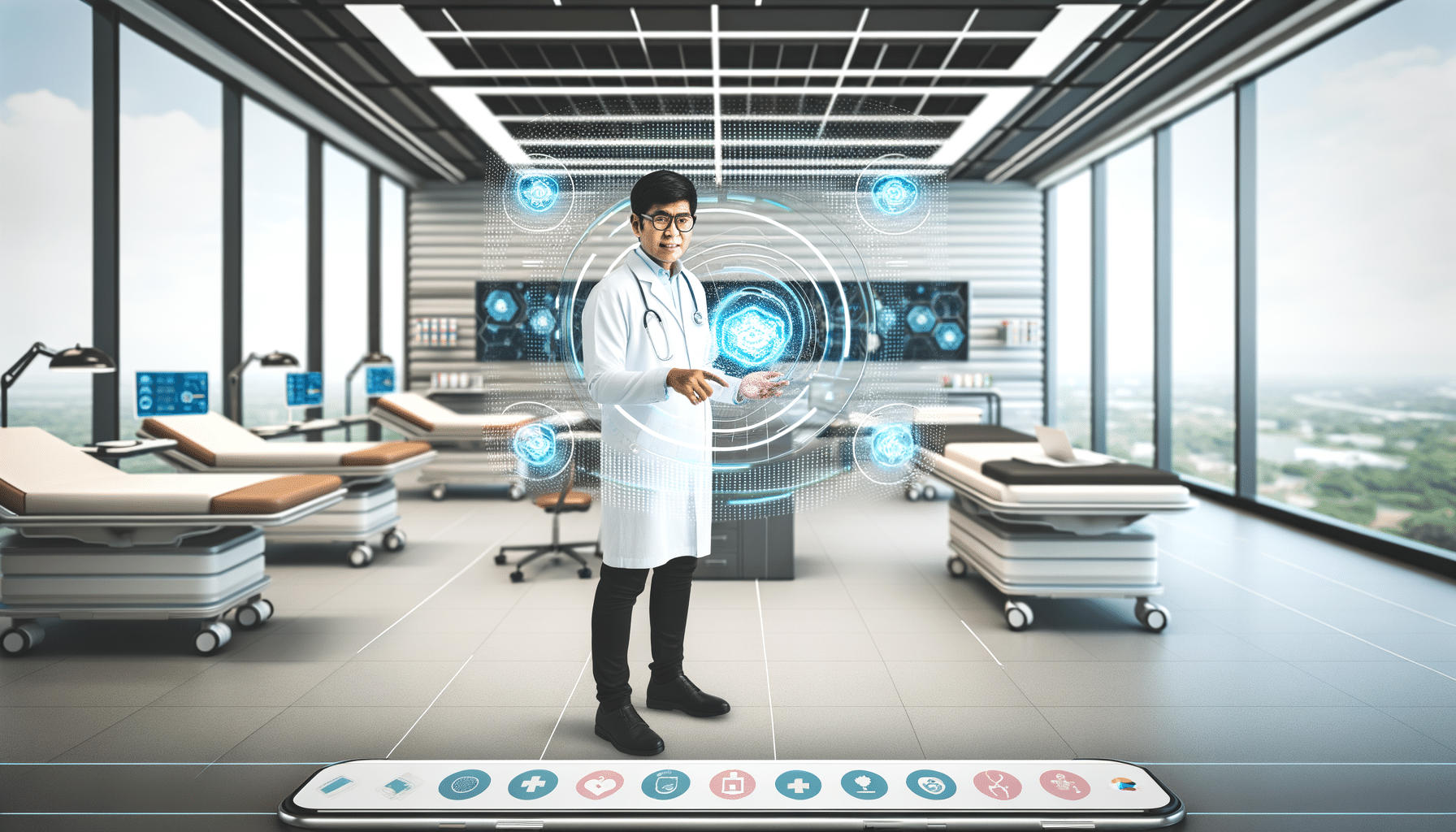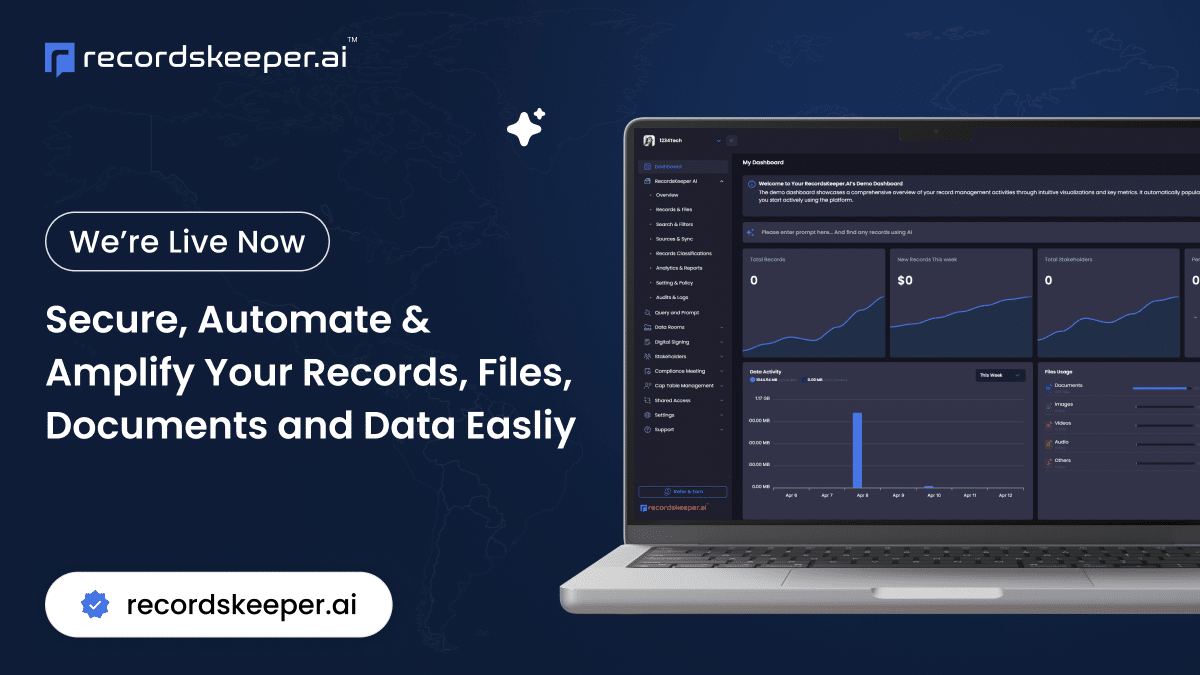As a staunch advocate for leveraging Artificial Intelligence (AI) across various fields, I am thrilled to delve into the transformative world of healthcare, particularly focusing on how AI is revolutionizing the medical profession. The AI landscape is rife with innovation, and for doctors, this means access to a host of advanced tools designed to enhance patient care, streamline operations, and make informed decisions. Let’s explore some of the best AI-powered tools for doctors right now, and see how they’re reshaping the healthcare industry.
The Rise of AI in Healthcare
The embrace of AI in healthcare is undeniable. The power of machine learning, natural language processing, and data analytics is making a significant impact. With these technologies, AI is emerging as an essential ally for physicians. From assisting in diagnoses to predicting patient outcomes, AI is providing valuable insights and transforming the patient experience.
AI: A Partner in Diagnosis and Treatment
One of the most promising applications of AI is in the realm of diagnostics. Systems utilizing AI for image recognition are particularly noteworthy. For instance, AI algorithms can sift through mammograms, CT scans, and MRIs with remarkable precision. They are programmed to detect anomalies and flag potential areas of concern that might require a closer look, effectively supporting physicians in making prompt and accurate diagnoses.
Furthermore, AI platforms are proving invaluable in the development of personalized treatment plans. These tools analyze patient data to suggest tailored treatment options, reducing the trial-and-error approach often encountered in medical treatment. By doing so, AI paves the way for precision medicine, optimizing patient outcomes and minimizing adverse effects.
Enhancing Workflow and Reducing Burnout
Another critical area where AI is making significant strides is workflow optimization. For many doctors, administrative tasks represent a burdensome component of their workday. Here, AI shines by automating routine tasks and streamlining processes. Intelligent scheduling, voice-activated data entry, and automated record-keeping are just a few examples of how AI is freeing up more time for physicians to focus on patient care.
This automation is not just a time-saver; it also plays a role in reducing burnout among healthcare workers. By alleviating the administrative load and enabling doctors to concentrate on their primary responsibilities, AI promotes a healthier work-life balance and prevents fatigue, which is crucial for maintaining high-quality patient care.
AI-Assisted Surgery: A Leap Forward
Surgical procedures are another fascinating domain where AI is making its mark. Robotic surgical systems harness AI to increase accuracy and precision, undergoing continual learning to enhance their performance with each operation. Such systems have the capability to analyze vast amounts of surgical data, providing real-time insights and suggestions to surgeons, thereby improving surgical outcomes.
AI for Physicians: Security and Data Protection
While AI offers numerous advantages, it also necessitates attention to data security and patient privacy. Ensuring compliance with healthcare regulations such as HIPAA is paramount. Fortunately, AI solutions are being developed to bolster security measures, using advanced encryption and robust data protection protocols to secure patient information.
Looking Ahead: AI’s Future in Medicine
The horizon for AI in healthcare is expansive and promising. As AI continues to evolve, we can expect even more innovative applications that will redefine the field of medicine. For physicians, staying informed about these advancements is crucial. Embracing these AI tools can mean the difference between remaining on the cutting edge or lagging behind in delivering exceptional patient care.
Conclusion: Embrace the AI Revolution
In conclusion, the best AI for doctors right now encompasses a wide range of tools that are significantly enhancing healthcare delivery and patient care. From aiding in diagnostics, streamlining workflows, and assisting in surgeries, AI undeniably stands as a transformative force in healthcare. As medical professionals, embracing these advancements not only benefits your practice but also the broader scope of patient care. The future beckons us to innovate and integrate AI further, and by doing so, we can achieve a new pinnacle in medical excellence.
I invite all healthcare professionals to stay engaged with these technological developments, explore how they can be integrated into your practice, and join this exciting journey at the intersection of AI and medicine.








